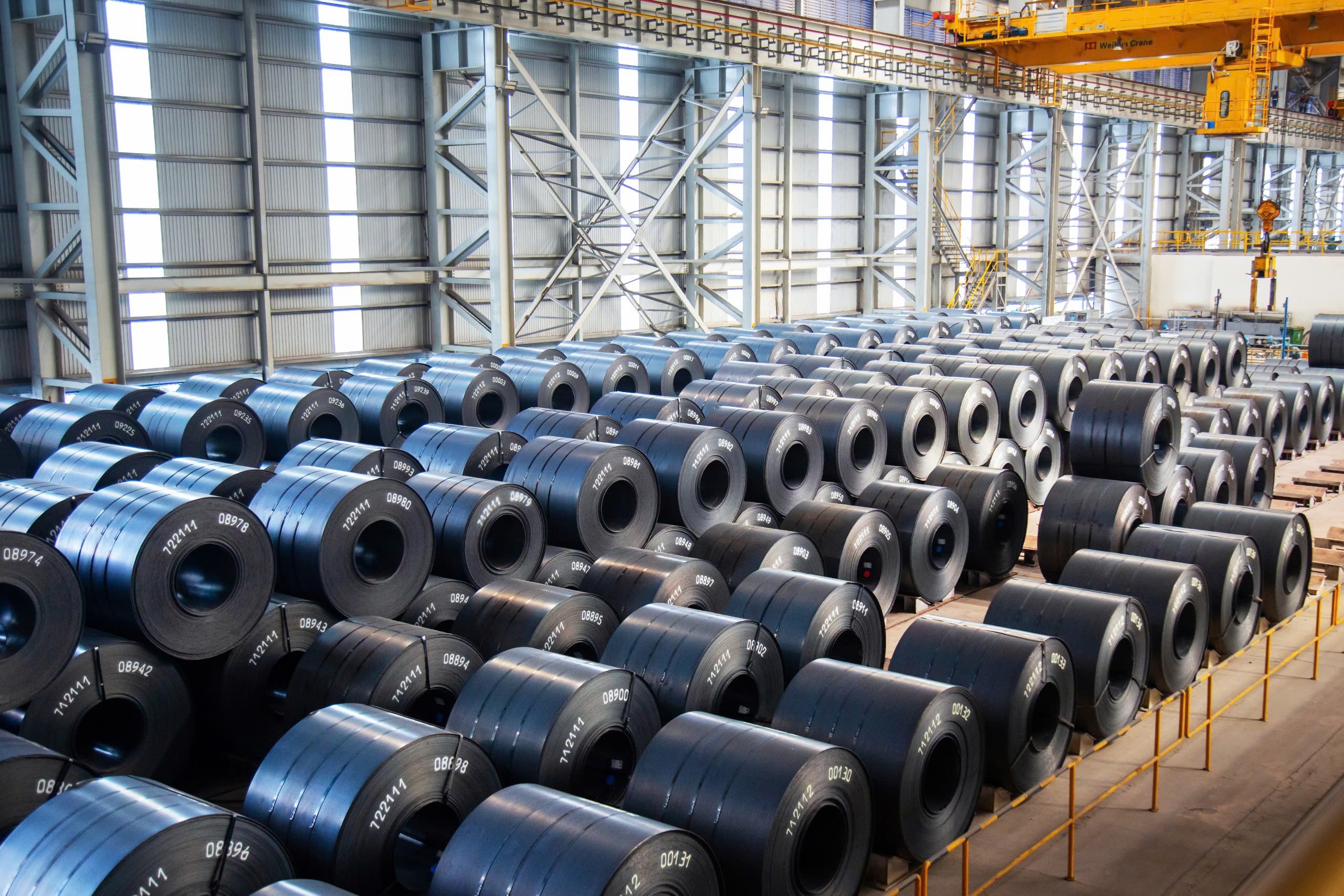Exporters in China face a new challenge: the rising renminbi (CNY).
 |
| After weakening steadily in the first half of the year, the offshore yuan has strengthened against the greenback in nearly a month. (Source: CNBC) |
On August 5, the yuan traded in Hong Kong (China) rose against the US dollar, reaching its strongest level in 2024 - below 7.1 yuan/USD, according to Wind Information.
The sharp moves came amid a sell-off in global equity markets as investors reassessed their outlook for the U.S. economy and the likelihood of interest rate cuts in the world’s largest economy. Higher interest rates have strengthened the dollar and related assets.
CNY increases, businesses do not receive orders
A stronger greenback weakens China’s yuan, making Chinese exports more competitive abroad. After weakening steadily in the first half of the year, the offshore Chinese currency has strengthened against the greenback for nearly a month.
Winnie Wang, president of the Shenzhen Cross-Border E-Commerce Association, said many trading companies, especially small ones, are now adopting a strategy of not accepting orders.
One company made 20 million yuan ($2.8 million) in revenue during the period when the Chinese currency weakened and wages were raised, but it failed to secure any orders in July because the stronger yuan drove up prices and forced it to raise prices, said Winnie Wang.
Ryan Zhao, director of export-focused Jiangsu Green Willow Textile, said recent fluctuations in exchange rates will cut the company's profit on receivables by about 2% this month.
“We are concerned that a sustained appreciation of the yuan will lead to suppliers raising prices, which will affect export businesses,” he said.
On August 7, Chinese customs data released figures showing that exports - the main growth driver of the world's second-largest economy in the first half of the year - increased 7% in July 2024 compared to the same period last year, reaching 300.56 billion USD.
Exports have become a bright spot as the country’s economic growth slows. Many local companies, from automakers to e-commerce firms, have accelerated overseas expansion plans to capture faster growth opportunities abroad.
That also means Chinese companies now face more risk from currency fluctuations.
Over the past two years, the country's foreign exchange regulator has published guidelines on how businesses can mitigate such risks.
“Beyond geopolitical reasons, Chinese companies are increasingly focused on currency hedging,” said Chris Pereira, president and CEO of consulting firm iMpact.
Changing expectations
Global businesses and investors have been increasingly focused on currency risks in recent days, with many institutional investors starting to unwind their popular yen carry trades, which had played an attractive role in global asset allocation until the Bank of Japan raised interest rates last month to their highest level since 2008.
The yuan has also held a similar appeal due to low interest rates in China. But some analysts predict that could change.
"Instead of yuan, a large amount of foreign currency is waiting to be paid. Enterprises have not paid at the beginning of the year due to expectations that the yuan will weaken against the dollar. This view is partly supported by the latest interest rate cut by the People's Bank of China," said Chu Ji, a macro foreign exchange analyst at Nanhua Futures.
Fast-fashion giant Shein and PDD Holdings’ Temu are two of the most prominent examples of Chinese cross-border e-commerce companies. Many small businesses — some with their own factories in China — have entered the industry to sell on TikTok, Amazon.com or platforms run by Alibaba.
Mr. Wang pointed out that large Chinese companies tend to negotiate deals with business partners to minimize currency risks.
Meanwhile, Chris Sun, founder and CEO of BrandPal, an AI-powered marketing company focused on short-form video, said that for many smaller businesses, expanding overseas is part of an effort to move capital out of China, making them less vulnerable to the latest currency moves.
“Small companies have focused on spending RMB in China, while earning USD through overseas sales,” Mr. Chris Sun emphasized.
Source: https://baoquocte.vn/dong-nhan-dan-te-tang-noi-lo-moi-cua-doanh-nghiep-xuat-khau-trung-quoc-281759.html










































Comment (0)